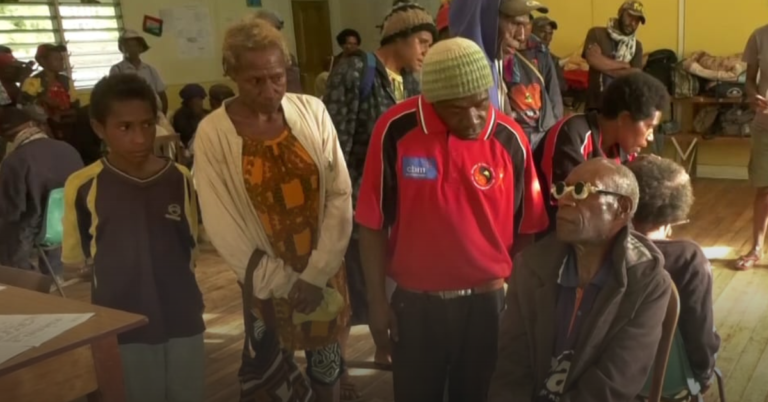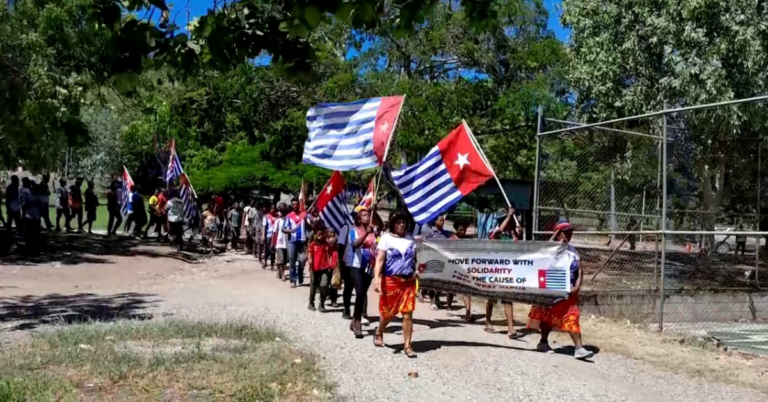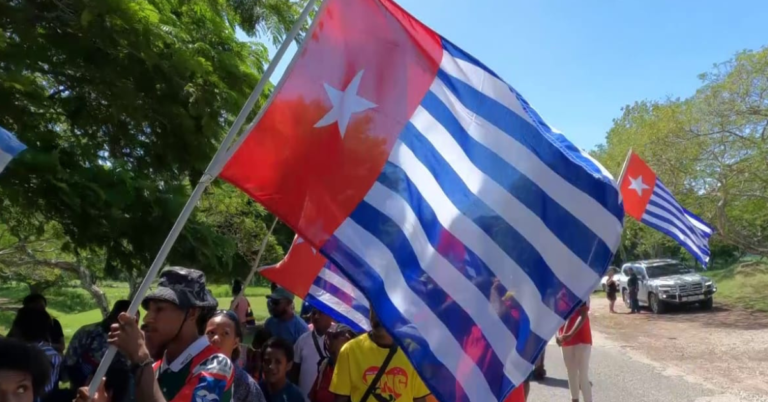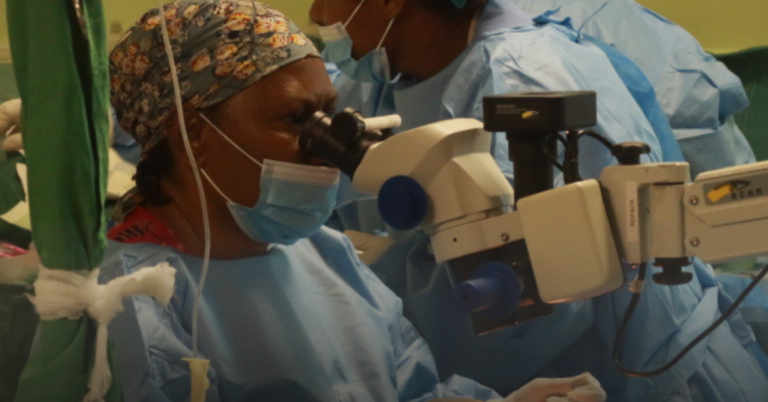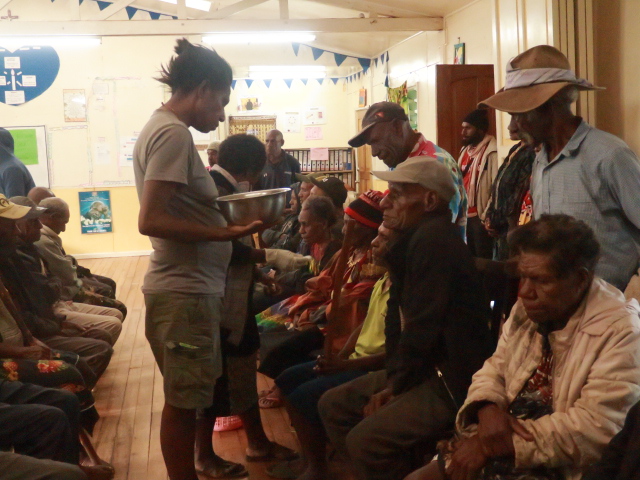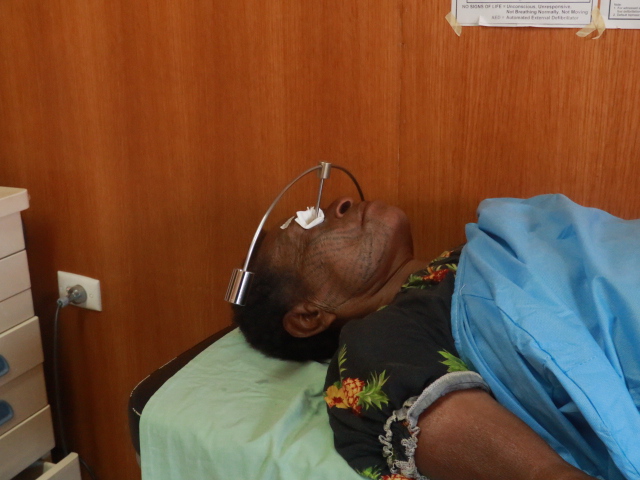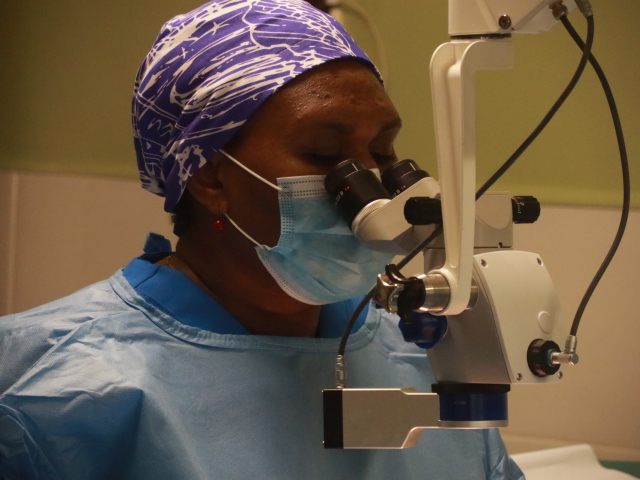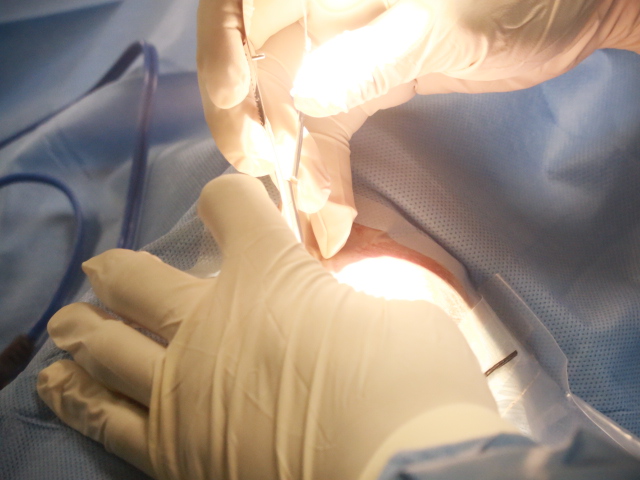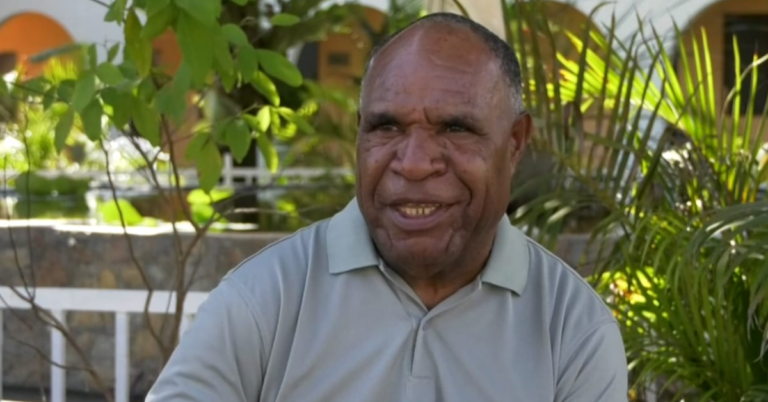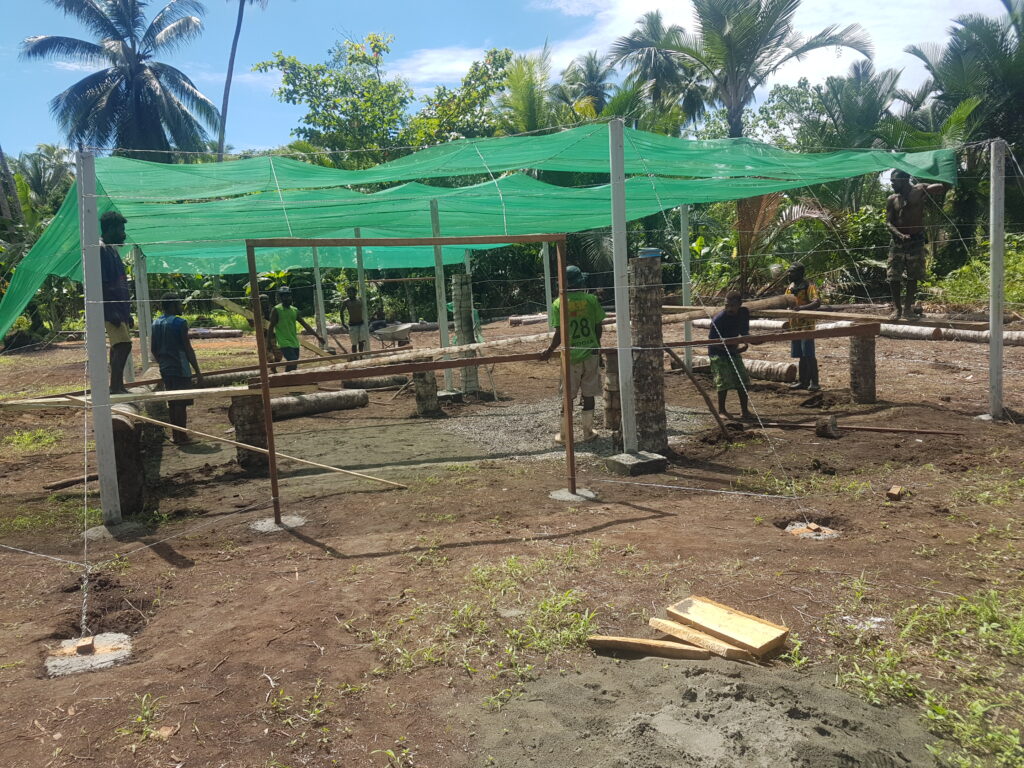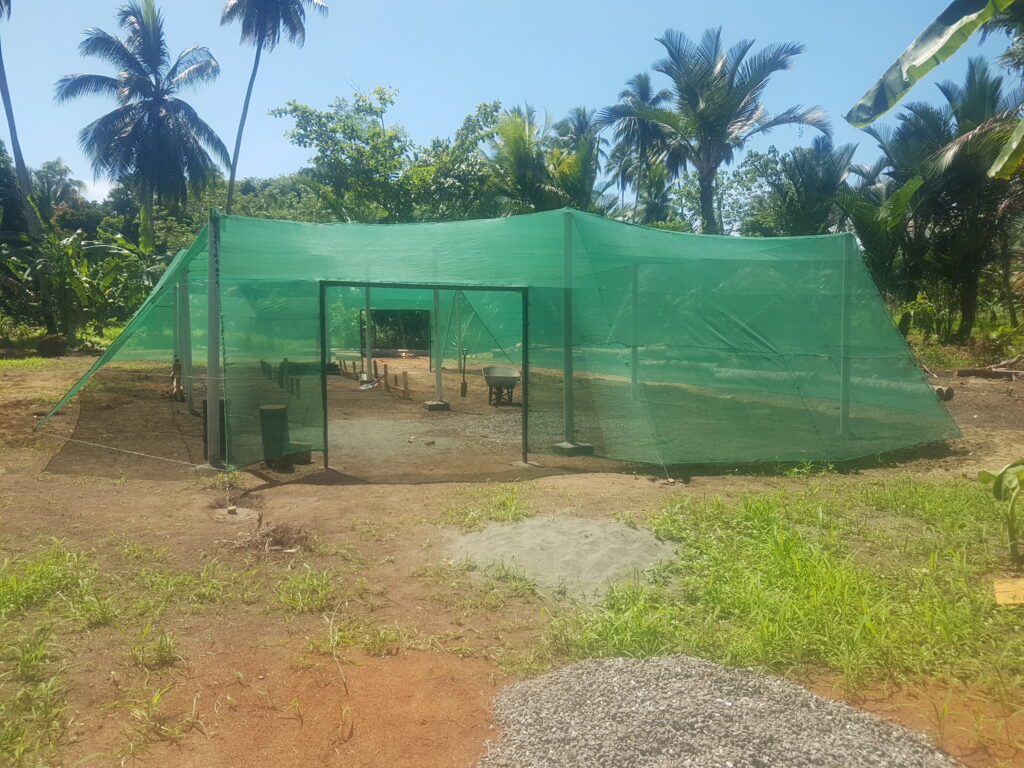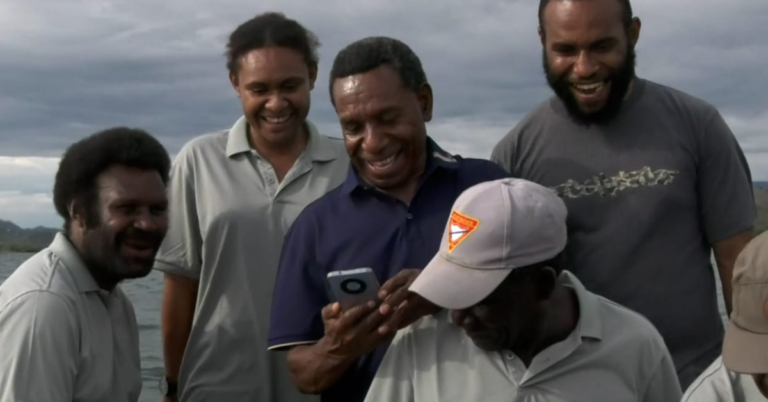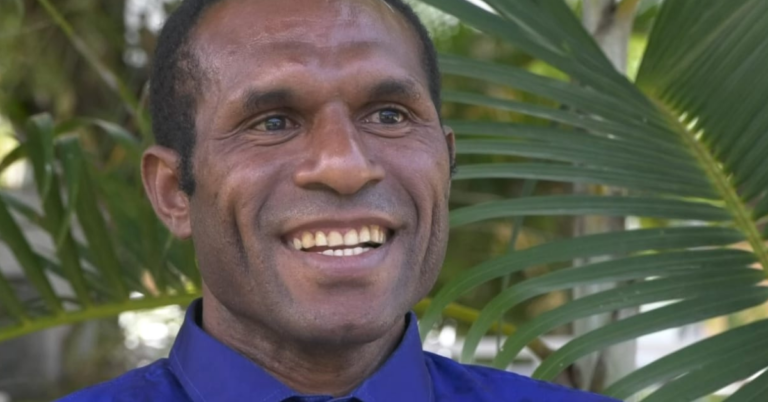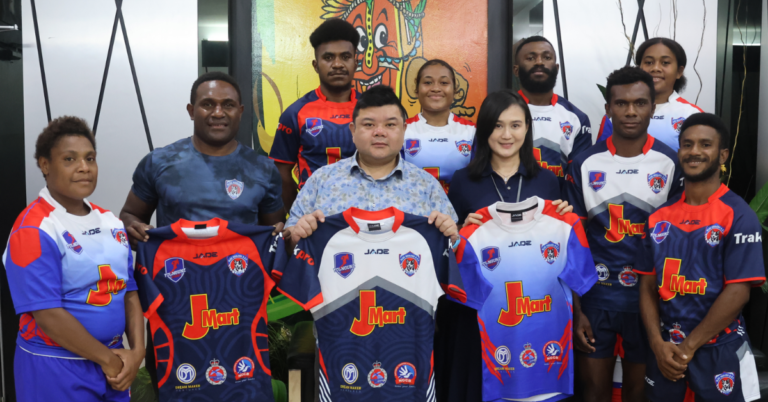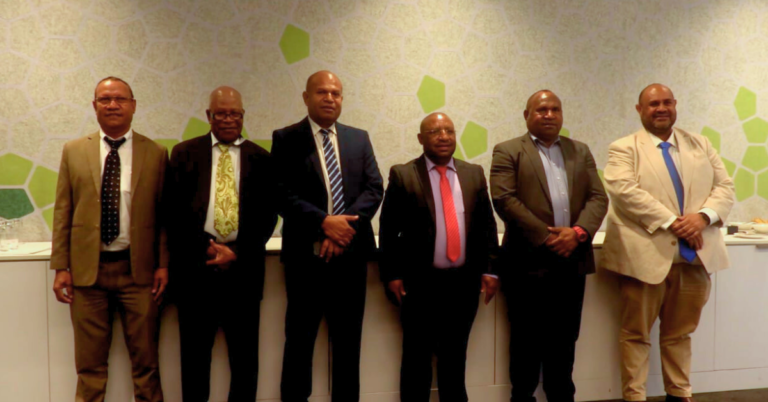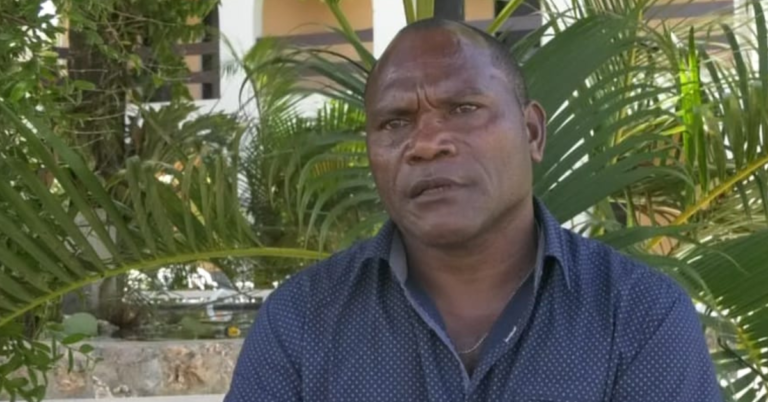Callan Services PNG has many volunteers that help with their work. The Network of Callan Services is the largest provider of services to children and adults with disabilities in Papua New Guinea.
With their aim to help improve the lives of People living with disabilities, the Callan Services relies heavily on volunteers.
Volunteer work involves a lot of time and commitment, Michael Eran is a Community Based Rehabilitation Volunteer and works with the Callan Services in Mingende Chimbu Province.
He started training to be a Community Based Rehabilitation Volunteer in 2010 and in 2011 started as a volunteer.
“2010 I underwent training and in 2011 I received the certificate to work as a Community Based Rehabilitation Volunteer. It’s been 13 years now working for this Organization,” Michael Eran said.
His work extends to all who need the services provided by Callan Services PNG and its international partners, he works with different groups of individuals living with disabilities, which includes the blind and other various disability patients.
Michael said one of his most satisfying role as part of his volunteer work is rehabilitating paraplegics, those who are paralyzed.
“We have various people living with disability in the community, and each of them have specific Programs for their rehabilitation, to help them to be more independent, so we schedule what devices to use also what exercises they need to do, to help improve their mobility as well,” Eran said.
He said those who seek help with Callan Services, he also assesses and refers them to specialists.
Michael says he doesn’t expect much praise and recognition towards his volunteer work, he says he often gets assistance from his patients but doesn’t expect much overall. He is happy when those in his care are doing well.
“Sometimes if those I help are able to assist me in any way possible they do. They are always appreciative of the work I do to help them, especially when they get some independence in their movement and show signs of improvement,” Eran said.
Related Story: https://insidepng.com/cataract-eye-surgery-in-rural-papua-new-guinea-250124/

